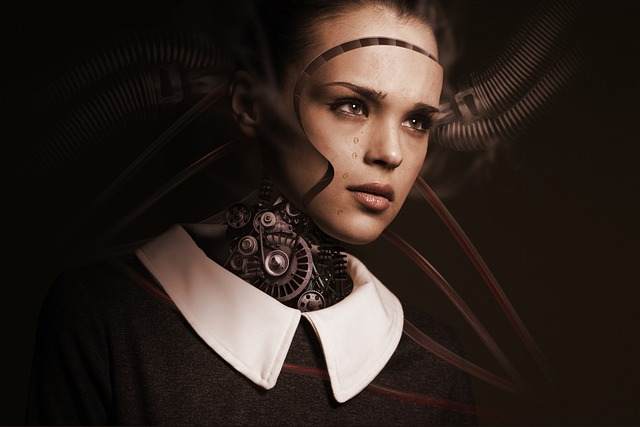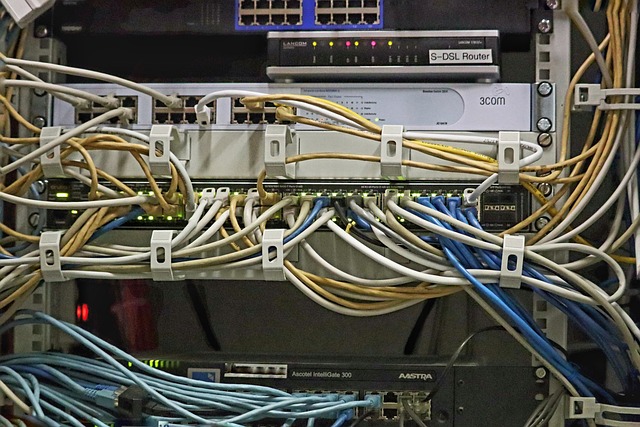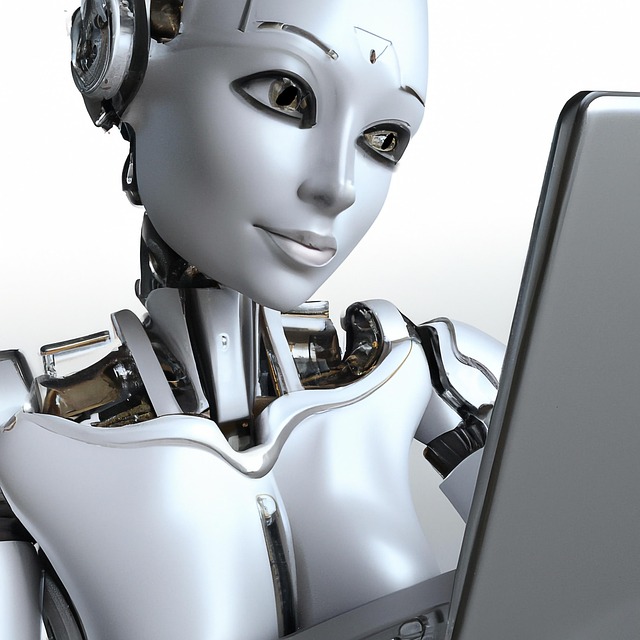# AI Technology in Everyday Life: How Intelligent Solutions Are Reshaping Our Daily Experiences
Artificial Intelligence (AI) has transitioned from a futuristic concept to an integral part of our daily lives. Its influence is pervasive, altering how we interact with technology, make decisions, and even manage our homes. As we delve into the various ways AI technology is reshaping our everyday experiences, it becomes evident that intelligent solutions are not just enhancing convenience but also improving efficiency and personalization in numerous aspects of life.
## Smart Homes: The Rise of Automation
The advent of smart home technology has revolutionized the way we interact with our living spaces. From smart thermostats to intelligent security systems, AI-driven devices are transforming traditional homes into automated environments that learn and adapt to our preferences. For instance, smart thermostats like the Nest Learning Thermostat analyze user behavior and adjust heating and cooling settings accordingly, ensuring optimal comfort while maximizing energy efficiency.
Moreover, voice-activated assistants such as Amazon’s Alexa and Google Assistant have become central to the smart home experience. These AI-powered systems allow users to control various devices, set reminders, and even play music through simple voice commands. This hands-free interaction not only simplifies daily tasks but also creates a more intuitive and user-friendly environment. As a result, the integration of AI in home automation fosters a sense of convenience that was previously unimaginable.
In addition to enhancing convenience, smart home technology also prioritizes security. Intelligent surveillance cameras equipped with AI can differentiate between familiar faces and strangers, sending alerts only when necessary. This capability significantly reduces false alarms and increases the overall safety of households. Consequently, the combination of automation and security measures illustrates how AI is reshaping our homes into safer, more efficient spaces.
## Personalized Experiences: The Power of Data
A significant aspect of AI technology is its ability to analyze vast amounts of data to create personalized experiences. This capability is particularly evident in sectors like entertainment and retail. Streaming services such as Netflix and Spotify utilize AI algorithms to analyze user preferences and viewing habits, thereby curating personalized content recommendations. By doing so, these platforms not only enhance user satisfaction but also encourage prolonged engagement, leading to increased subscription retention.
Retailers, too, are harnessing the power of AI to tailor shopping experiences. E-commerce giants like Amazon employ sophisticated algorithms that analyze browsing history, purchase patterns, and demographic data to offer personalized product recommendations. Such targeted marketing strategies not only improve the shopping experience for customers but also drive sales and customer loyalty for businesses. As consumers increasingly seek tailored experiences, the role of AI in personalization will only continue to expand.
Furthermore, AI’s influence extends to social media platforms, where algorithms determine the content users see on their feeds. By analyzing user interactions, AI can prioritize posts that align with individual interests, thereby enhancing engagement and satisfaction. However, this personalization also raises questions about echo chambers and the potential for information overload, highlighting the need for a balanced approach to AI-driven content curation.
## Healthcare Innovations: AI in Medicine
The integration of AI technology in healthcare is perhaps one of the most impactful transformations in our daily lives. Medical professionals are increasingly leveraging AI tools to diagnose diseases, predict patient outcomes, and personalize treatment plans. Machine learning algorithms can analyze medical images with remarkable accuracy, aiding radiologists in detecting conditions such as cancer at earlier stages. This capability not only improves patient outcomes but also streamlines the diagnostic process, allowing healthcare providers to allocate resources more effectively.
Telemedicine has also benefited significantly from AI advancements. Virtual health assistants powered by AI can triage patients, provide health information, and even remind individuals to take medications. This technology enhances accessibility to healthcare services, particularly for those in remote areas or with mobility challenges. By breaking down geographical barriers, AI is making healthcare more inclusive and responsive to individual needs.
Moreover, AI is playing a crucial role in drug discovery and development. By analyzing vast datasets, AI can identify potential drug candidates more efficiently than traditional methods, significantly reducing the time and cost associated with bringing new medications to market. As a result, the pharmaceutical industry is witnessing a paradigm shift, with AI driving innovation and improving patient care.
## Conclusion: Embracing the AI Revolution
The pervasive influence of AI technology in everyday life is undeniable. From transforming our homes into smart environments to personalizing our experiences and revolutionizing healthcare, intelligent solutions are reshaping how we live, work, and interact with the world around us. As we continue to embrace the AI revolution, it is essential to remain mindful of the ethical implications and challenges that accompany these advancements.
In navigating this new landscape, collaboration between technologists, policymakers, and society at large will be crucial. By fostering a responsible approach to AI development and deployment, we can harness its potential to enhance our daily experiences while ensuring that it serves the greater good. The future holds exciting possibilities, and as AI technology continues to evolve, so too will our understanding and integration of intelligent solutions in everyday life.











